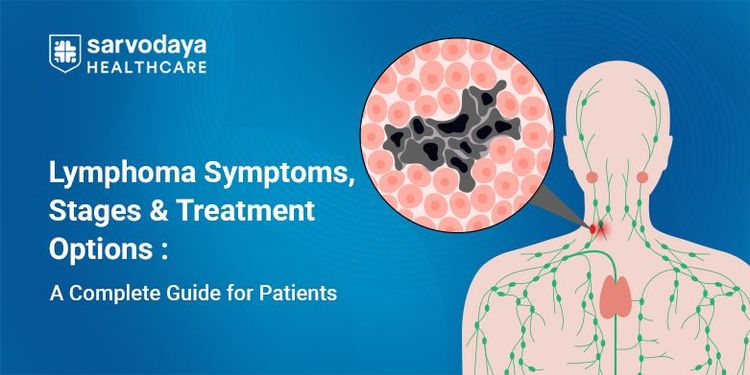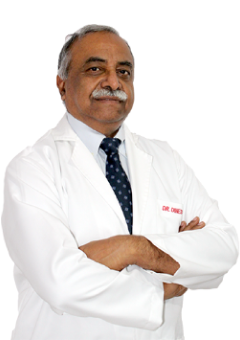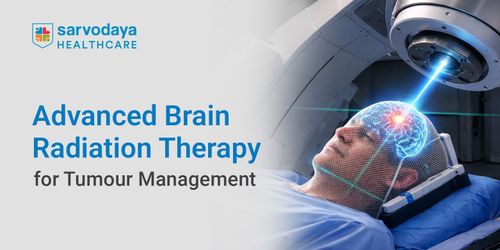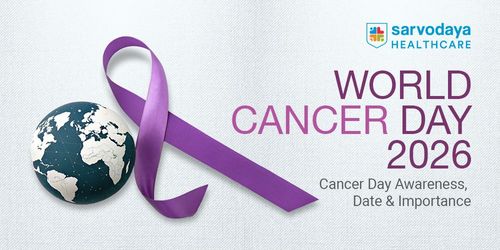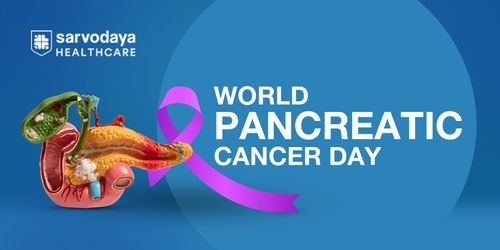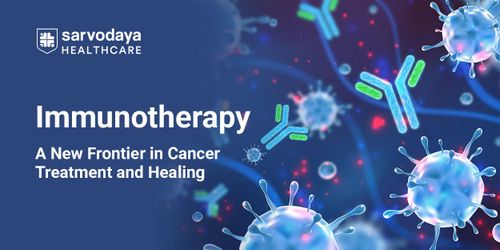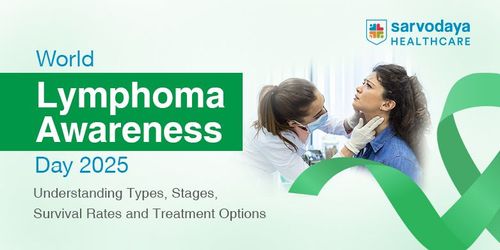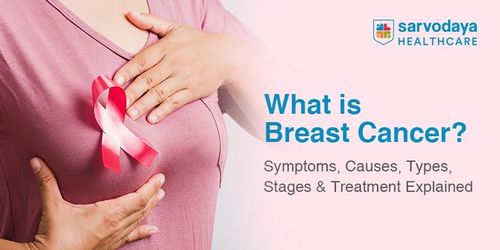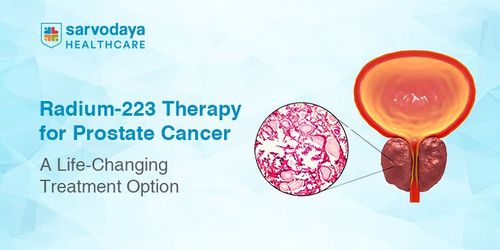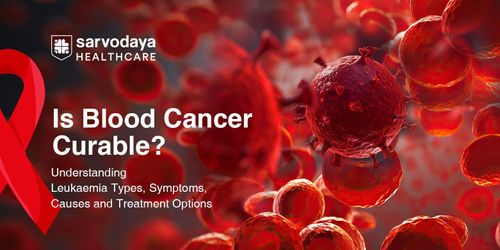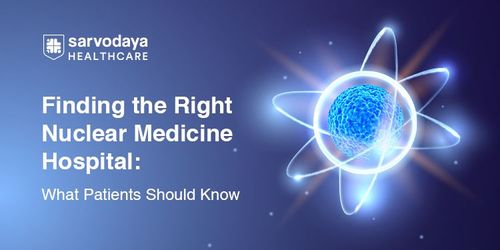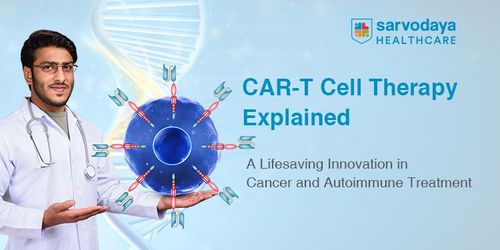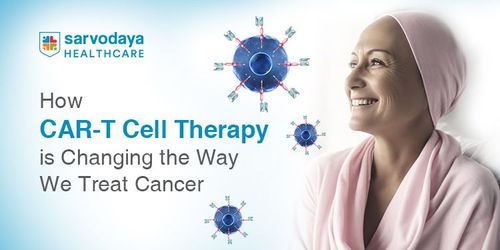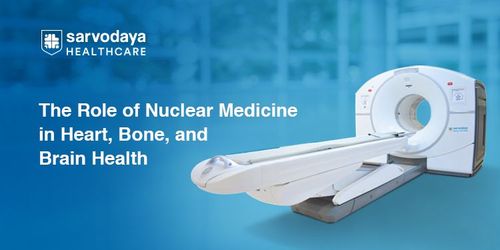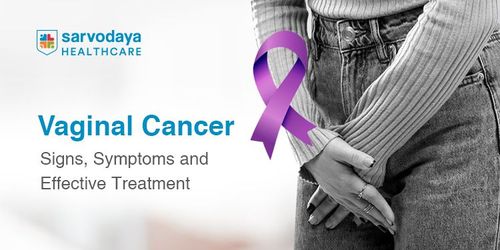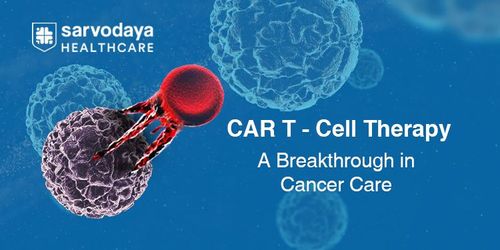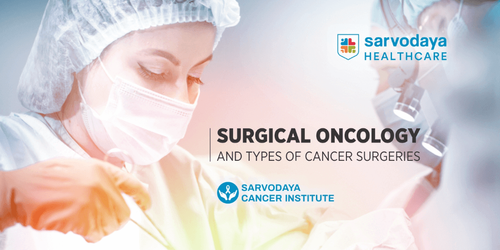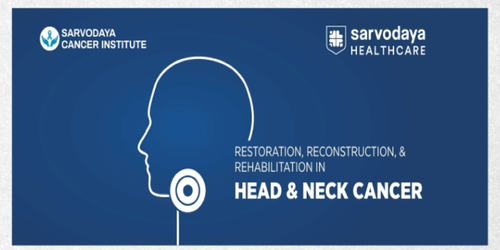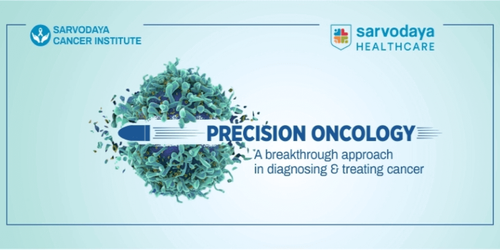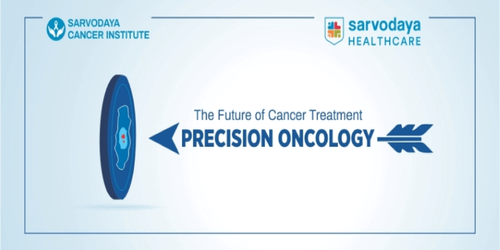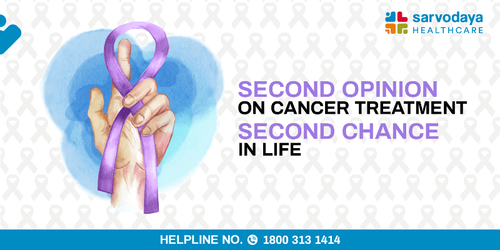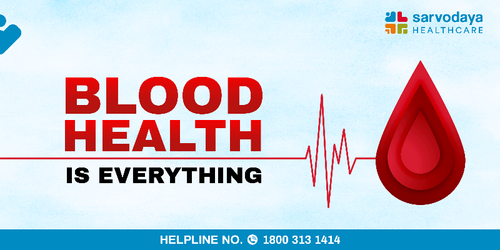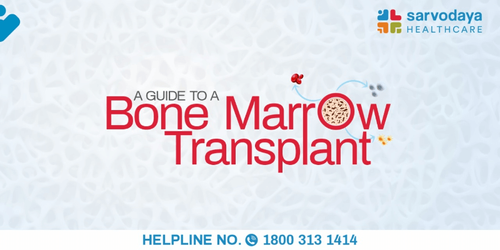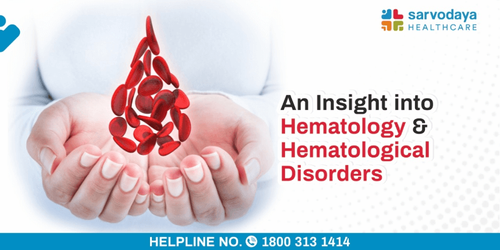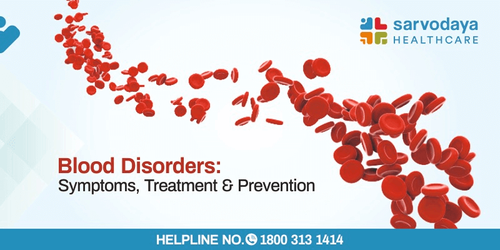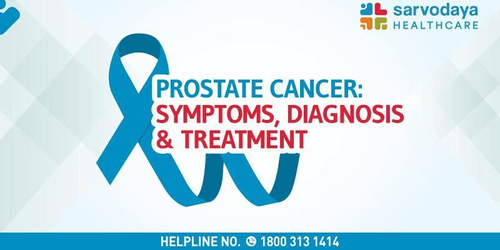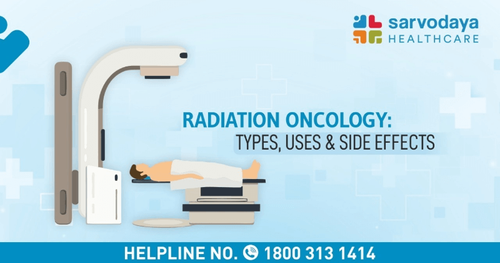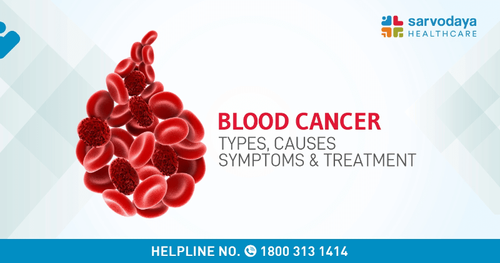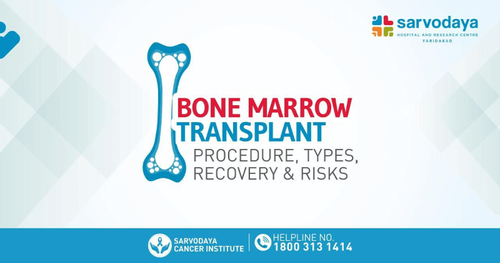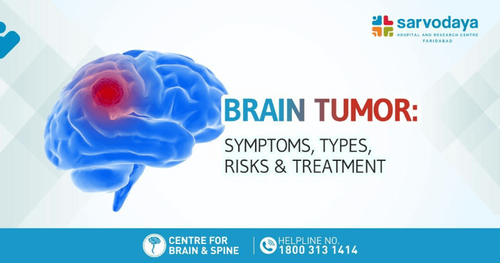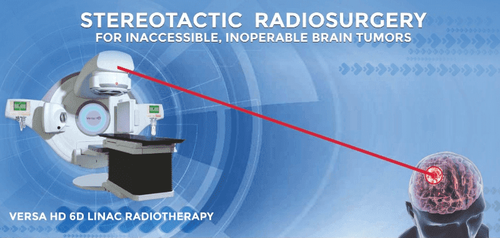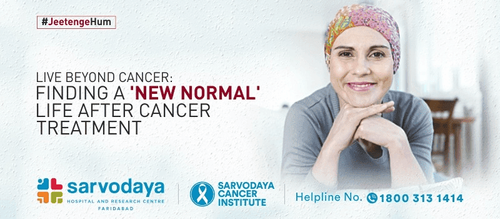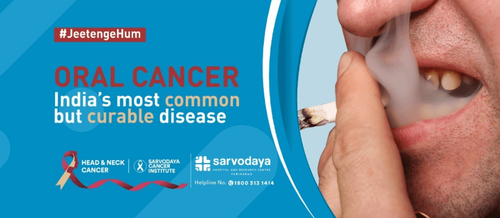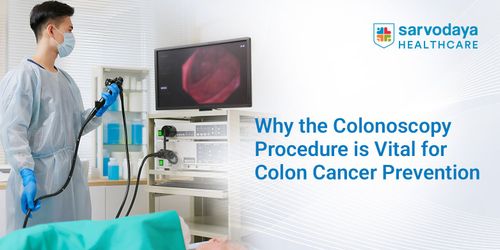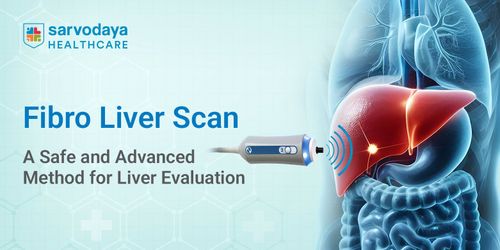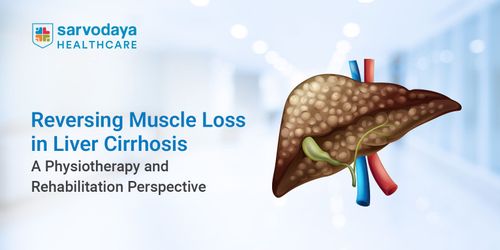Lymphoma cancer is one of the most common cancers affecting the lymphatic system, which plays a vital role in immunity. It starts in the lymphocytes, a type of white blood cell, and can spread to the lymph nodes, spleen, bone marrow, and other organs. Early recognition of the warning signs and access to timely treatment can make a significant difference in outcomes and recovery.
In this blog, we discuss the various types of lymphoma, the lymphoma symptoms that should not be ignored, the stages and diagnostic tests, and the available treatment options.
Understanding Lymphoma
Lymphoma cancer is a blood-related cancer that begins in the lymphatic system. Unlike leukaemia, which primarily affects the bone marrow and blood, lymphoma directly affects the lymph nodes and the immune system directly.
There are two main lymphoma types. It can be aggressive or slow-growing, depending on its type.
Common Lymphoma Symptoms
The early signs of lymphoma cancer can often be mistaken for common infections, which is why many people ignore them until the disease progresses.
Some of the most common lymphoma symptoms include:
- Persistent swelling of lymph nodes in the neck, armpits or groin
- Fatigue and weakness without an apparent reason
- Unexplained fever and recurrent infections
- Night sweats and chills
- Sudden weight loss without dieting
- Shortness of breath or persistent cough
- Itchy skin or rashes
Types of Lymphoma
There are several lymphoma types, each with distinct characteristics. Understanding them is crucial for diagnosis, treatment planning and improving the lymphoma survival rate.
Hodgkin Lymphoma- Identified by the presence of Reed-Sternberg cells.
- Typically starts in the upper body lymph nodes, such as the neck and chest.
- It usually affects young adults and people over 55.
- The most common type of lymphoma cancer.
- Includes many subtypes that can be indolent (slow growing) or aggressive (fast growing).
- It can develop in lymph nodes anywhere in the body or even outside of them.
- Follicular lymphoma, diffuse large B-cell lymphoma, and mantle cell lymphoma are some examples.
- Each requires different treatment strategies, which makes consultation with lymphoma specialists
By identifying the exact type, the best cancer hospital in Delhi NCR can create a personalised treatment plan to ensure the most effective results.
Read More- World Lymphoma Awareness: Stages, Survival Rates and Treatment Options
Lymphoma Stages
Once a diagnosis of lymphoma cancer is made, the next step is to determine its stage.
The lymphoma stages are:
- Stage I: Cancer is localised in a single lymph node region or one organ.
- Stage II: Involves two or more lymph node regions on the same side of the diaphragm.
- Stage III: Spread to lymph nodes on both sides of the diaphragm.
- Stage IV: Cancer has spread widely to organs such as the bone marrow, liver or lungs.
Diagnosis: How Lymphoma is Confirmed
To confirm the presence of lymphoma cancer, doctors perform a combination of medical assessments and specialised tests. These help determine the type and stage of lymphoma, which is vital for planning the proper treatment.
Key lymphoma tests include:
- Lymphoma Blood Test: Helps detect abnormalities in blood counts and overall immune health.
- Biopsy: A sample of lymph node tissue is examined under a microscope to identify cancerous cells.
- Imaging Scans: CT, PET and MRI scans are used to evaluate the extent of the disease.
- Bone Marrow Test: Determines whether the cancer has spread to the bone marrow.
Treatment Options for Lymphoma
The treatment of lymphoma cancer depends on the type, stage, overall health and individual needs of the patient. The aim is to destroy cancer cells, control the spread and improve survival outcomes.
The main treatment options include:
- Chemotherapy: The most common approach that uses drugs to kill cancer cells.
- Radiation Therapy: Often combined with chemotherapy to target specific affected areas.
- Targeted Therapy: Drugs designed to attack specific cancer cell mechanisms with fewer side effects.
- Immunotherapy: Helps the immune system recognise and fight lymphoma cells effectively.
- Stem Cell Transplant: Recommended in advanced or relapsed cases to replace damaged bone marrow with healthy cells.
- CAR T-Cell Therapy: A cutting-edge treatment in which a patient’s own T-cells are genetically modified to target and attack lymphoma cells. It has shown promising results in cases of relapse or resistance, offering hope for patients with limited treatment options.
Choosing the proper treatment requires the expertise of the best oncologist in Delhi NCR, who can tailor therapies based on the patient’s condition and medical history.
Lifestyle Support and Recovery
While medical treatment is the foundation of healing, lifestyle support plays a vital role in recovery from lymphoma cancer. Patients who adopt positive lifestyle changes often experience improved strength, resilience and emotional balance.
Essential aspects of recovery include:
- Balanced Nutrition: A diet rich in proteins, vitamins and antioxidants supports immunity and healing.
- Regular Physical Activity: Gentle exercise helps maintain muscle strength and reduces fatigue.
- Stress Management: Yoga, meditation and counselling can significantly improve emotional health.
- Follow-up Care: Regular check-ups with lymphoma specialists ensure early detection of any recurrence.
- Support Groups: Engaging with others facing similar challenges provides encouragement and practical advice.
Conclusion
Lymphoma cancer can be a challenging diagnosis, but with early detection, modern therapies and the proper guidance, it is highly treatable. Recognising the early lymphoma symptoms, understanding the lymphoma types and undergoing the correct lymphoma test are the first steps towards effective management and recovery.
At the heart of successful treatment is access to specialised care. Sarvodaya Hospital Faridabad, one of the leading cancer care centres in the region, offers advanced diagnostic tools, expert oncologists and a holistic treatment environment. The hospital combines world-class technology with compassionate care, ensuring every patient receives individualised support. Sarvodaya also offers CAR T-Cell therapy under the guidance of the best cancer specialist in delhi ncr. CAR T-cell therapy offers new hope by harnessing the body’s immune system, improving survival chances and providing long-term remission for many individuals.
In conclusion, no matter where you are in your journey, book an appointment now with a cancer specialist in Faridabad. With the right care, patients can look forward to better health, improved resilience and a higher quality of life.


